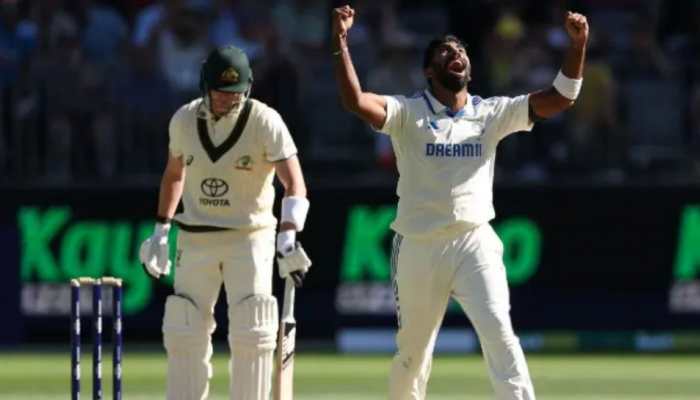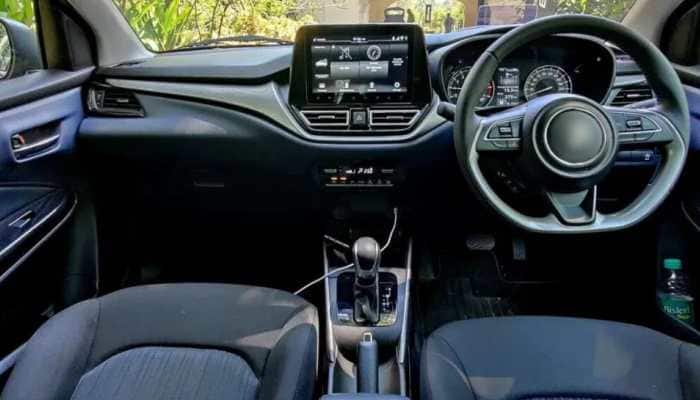Shocking Changes In NCERT Class 11 Book: Lessons On Minority Appeasement And Vote Bank Politics
This marks a departure from the previous syllabus, which did not include the concept of 'minority appeasement'.
Trending Photos
)
The National Council of Educational Research and Training (NCERT) has made significant changes to its syllabus regarding the Babri Masjid demolition and the Rath Yatra. In addition to these revisions in the Class 12 Political Science syllabus, NCERT has also altered the content in the Class 11 Political Science textbook. The new edition now discusses how vote bank politics in India is associated with 'minority appeasement'. This marks a departure from the previous syllabus, which did not include the concept of 'minority appeasement'.
What’s New in the Class 11 Political Science Book?
According to The Indian Express, both the new and old versions of the Class 11 Political Science book contain a chapter on secularism, which includes a section titled "Criticism of Indian Secularism." Within this section, there are two paragraphs on vote bank politics. The 2023-24 and 2024-25 versions state, "If secular leaders who seek minority votes actually deliver what they promise, this is a success of the secular project aimed at protecting minority interests."
Both versions pose the same question: "But what if the welfare of the concerned group is sought at the expense of the welfare and rights of other groups? What if these secular politicians weaken the interests of the majority? A new injustice is then created."
Different Answers in Each Edition
While the question remains the same in both versions, the answers differ.
The old edition states: "But can you think of such examples? Can you claim that the entire system is biased in favor of minorities? If you think deeply, you will find that there is little evidence of this in India. In short, there is nothing wrong with vote bank politics, but the injustice that arises from it is wrong. The fact that secular parties use vote banks is not troubling. All parties do this with some social groups."
What’s in the New Book?
The revised edition states: "Can you think of such examples? Theoretically, there may be nothing wrong with vote bank politics, but when it mobilizes a social group to collectively vote for a particular candidate or political party during elections, it distorts electoral politics. Here, the key feature is that the group acts as a monolithic entity during voting. Despite internal diversity, the party or leader engaging in vote bank politics tries to artificially create the belief that the group’s interests are unified. In reality, this prioritizes short-term electoral gains over the long-term development and governance needs of society."
It further states: "In India, it has been observed that political parties often focus on emotional issues for electoral gain, neglecting the real problems faced by the community. This competitive vote bank politics can exacerbate social divisions by portraying various groups as rivals competing for limited resources. In India, vote bank politics is also linked to minority appeasement. This means political parties disregard the principles of equality for all citizens and prioritize the interests of minority groups. Ironically, this has increased the isolation and marginalization of the minority group. Since vote bank politics fails to acknowledge the diversity within the minority group, raising issues of social reform within these groups has also proven difficult."
These changes have sparked discussions about the implications of the revised content on students’ understanding of Indian politics and secularism.
Stay informed on all the latest news, real-time breaking news updates, and follow all the important headlines in india news and world News on Zee News.
Live Tv







)
)
)
)
)
)
)
)
)
)
